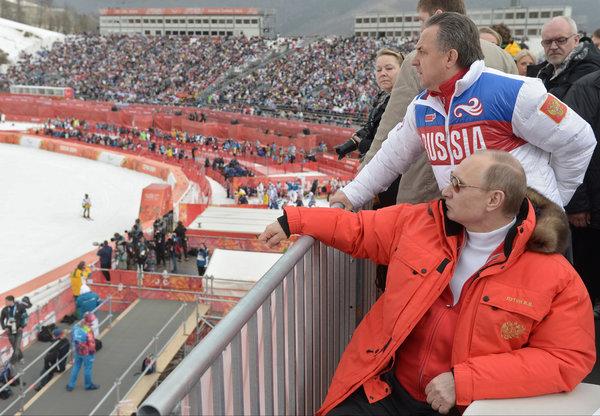Image Credit: [New York Times]
The International Paralympic Committee has lifted the ban on Russian athletes, placed on them for doping.
Russia have been told they can rejoin the Paralympic community next month, after the International Paralympic Committee decided to lift the suspension imposed on them after widespread state-sponsored doping was uncovered in 2016.
The Committee claims that the athletes have reformed themselves following their ban, but many remain sceptical, with doping in Russian sports continuing to be an issue. In fact, with the country having 41 medals stripped from them due to violations, by far the most of any country, it could even be said that their punishment should be even more severe with harsher sanctions.
The IPC have acknowledged the potential upset that may arise following their decision. The chairperson of the IPC, Chelsey Gottell, admitted that “some para athletes may disapprove of the governing board’s change of position on the original criteria,” but argued that it is “vital for para athletes to consider how far the Russian Paralympic committee have come since August 2016.”
This is proven with Russia meeting 69 of its 70 reinstatement criteria, yet the fact they did not meet all of them surely creates room for more doubt. The one exemption was Russia’s inability to respond to the McLaren report, which exposed the fact that more than 1,000 Russian athletes were involved in a massive state-sponsored doping programme.
Yet the doping issue in sport is not just confined to Russia, or Paralympic athletes in general. In recent years, we’ve seen doping in tennis and cycling, with Maria Sharapova and Lance Armstrong springing to mind. Despite this, both stars had short bans and were given the chance to return – one could argue the Russian athletes should be given the same opportunity to not only redeem their country, but themselves.
Of course the IPC will be taking precaution; imagine the embarrassment if Russia were to be caught doping again, so soon after their reinstatement. Further testing will be taking place before the events, and Gottell herself even said “if the conditions are not fully met, I am confident that, just as we did in August 2016, the IPC governing board will act swiftly to ensure appropriate action is taken.”
It is clear that Russia will be scrutinised by the world when they travel to Tokyo in 2020, and their undeniable talent may add further suspicion. When the country hosted the 2014 Winter Paralympics in Sochi, they topped the medal table, and in London two years earlier their gold medal count was only beaten by China. Therefore, the Paralympians must inevitably expect harsh
Millie Frain

